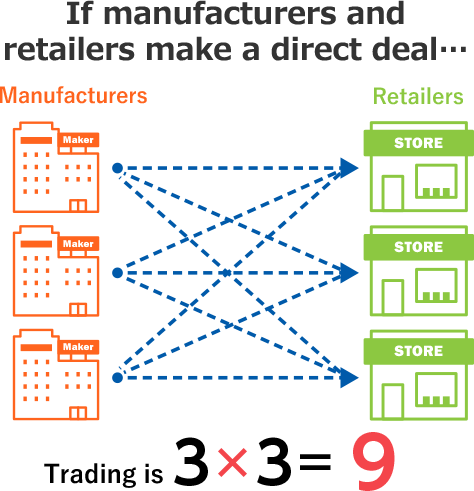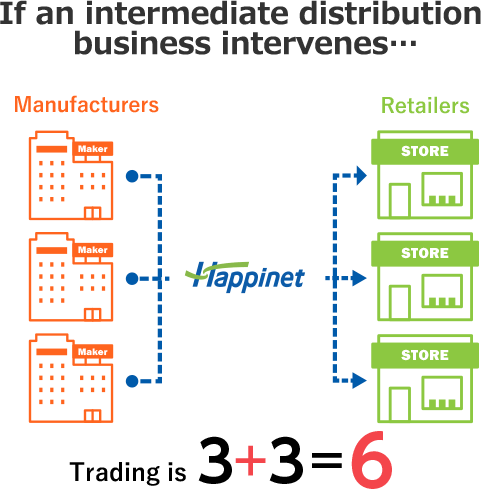Reduce Environmental Impact of the Supply Chain
- Top
- Sustainability
- Materiality
- Reduce Environmental Impact of the Supply Chain
Based on the recognition that environmental considerations are an important issue for the realization of a sustainable society, we will work to reduce our environmental impact throughout our entire supply chain.
- Role of the Intermediate Distribution Industry
- Reduce CO2 Emissions from Business Activities
- Strengthen Environmental Management
Role of the Intermediate Distribution Industry
By providing added value to optimize the distribution system as a whole, we aim to use energy more efficiently and thereby save on the social cost of energy consumption as well as help raise productivity across the entire supply chain.
We are a leading intermediate distributor for entertainment products.
Role of intermediate distribution business
Benefits for manufacturers and retailerss
- Work volume/Cost reduction (logistics / Personnel cost)
- Reduce inventory risk
- Obtain information (sales/consumer/market information)
- Reduction of environmental impact such as CO2
When manufacturers and retailers deal directly with each other, transactions arising from product distribution—the unit of activity of transporting goods or delivering information for a certain purpose—is multiplicative, as shown in the illustration above. However, when the Happinet Group, as an intermediate distributor, consolidates and delivers products in bulk, and collects and transmits information, transactions are only additive—in this case, six instead of nine. This reduced number of transactions reduces energy, labor, and costs required for logistics and information processing, etc., and also reduces CO2 emissions, among other benefits. This positive impact grows with the number of manufacturers, the number of retailers, and the number of items handled. Our Group, which handles a vast array of entertainment merchandise, helps to reduce environmental impact through efficient merchandise delivery by strengthening the coordination of sales, purchasing, and logistics.
Reduce CO2 Emissions from Business Activities
The Happinet Group strives tirelessly to reduce CO2 emissions through business activities at multiple levels, including efforts by individual employees in the field and organizational initiatives at the company and unit levels.
Installation of Green Power and Solar Panels in the Logistics Division
In the logistics division, we are striving to reduce CO2 emissions by moving over to green electricity at the Funabashi Logistics Center and ensuring a self-sufficient supply of electricity by installing solar panels at the Ichikawa Logistics Center. We will continue to work toward decarbonization in all aspects and aim for even greener logistics.
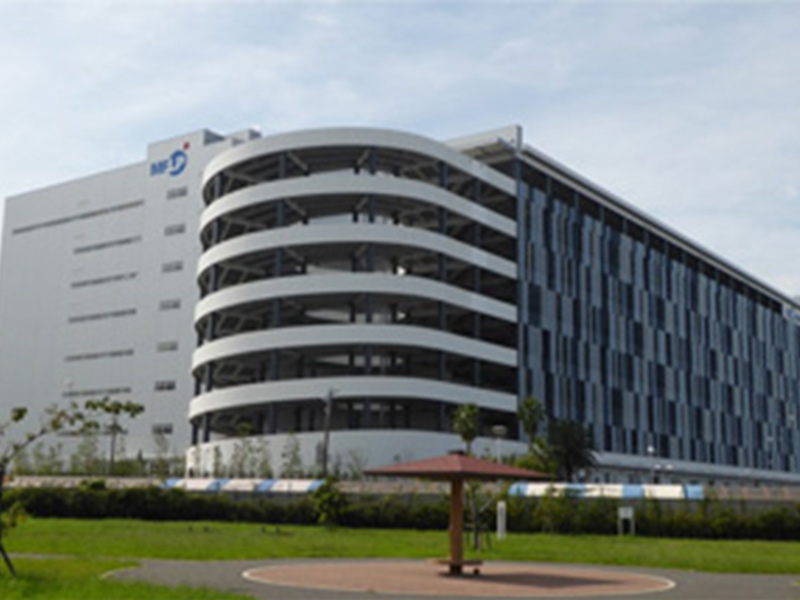
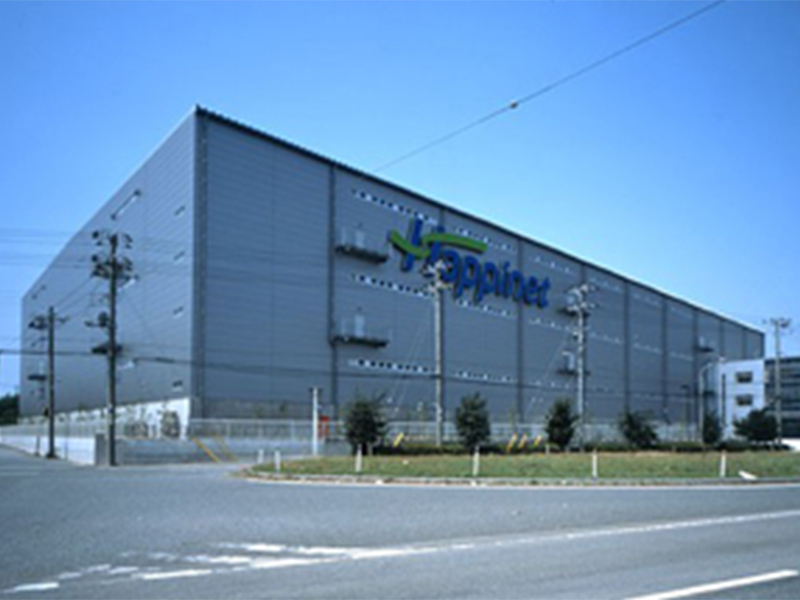
Reducing Packaging Materials with More Deliveries Using Collapsible Crates and Containers
Centered on the Higashiosaka Logistics Center in our logistics division, we are switching from the traditional method of delivery using cardboard boxes to collapsible crates and containers for routes to nearby stores.
By delivering products using collapsible crates and containers, which can be used repeatedly and which are also much stronger and sturdy, we have been able to reduce CO2 emissions generated during the manufacture, purchase, and use of logistics materials (corrugated cardboard, tape, etc.) and to reduce product damage during transportation. The collapsible containers are also easier to unpack and reduce waste disposal at stores, helping to make stocking more efficient. We will continue to take efforts to make more deliveries using collapsible crates and containers.
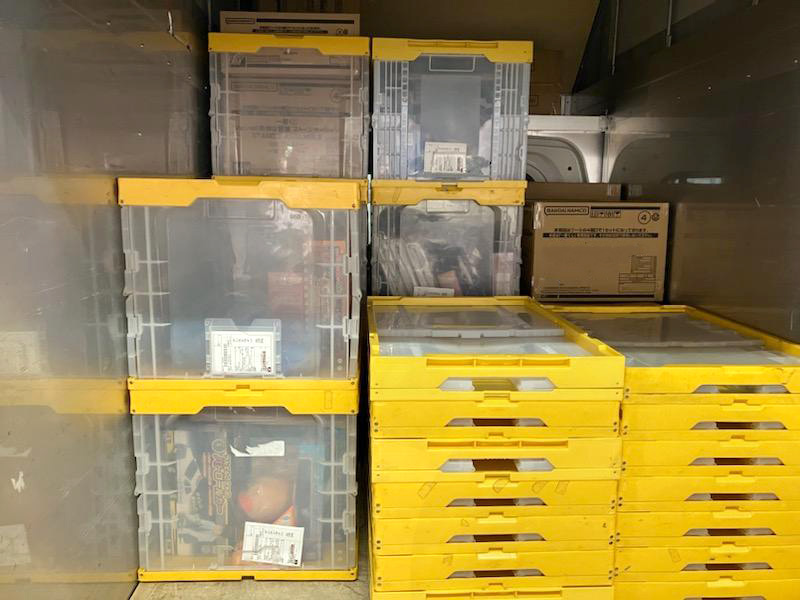
Strengthen Environmental Management
The Happinet Group collaborates with internal and external partners to establish a PDCA cycle for reducing our environmental impact. At the same time, we also work to strengthen our management system by understanding the environmental impact factor of each business.
Strengthening the Management System by Collecting Environmental Performance Data
In order to further strengthen our environmental management, the Group is working to understand the impact our business has on the environment by collecting environmental performance data.
We will continue to strengthen our management system in order to understand the environmental impact factor of each business and to establish a PDCA cycle to reduce business impact on the environment.
- Reduce and Recycle Waste
- Reduce Environmental Impact of the Supply Chain
- Contribute to Happy, Abundant Lives through Products and Services
- Promote Diversity and Inclusion
- Digital Transformation
- Build a Foundation for Sound and Effective Corporate Governance

